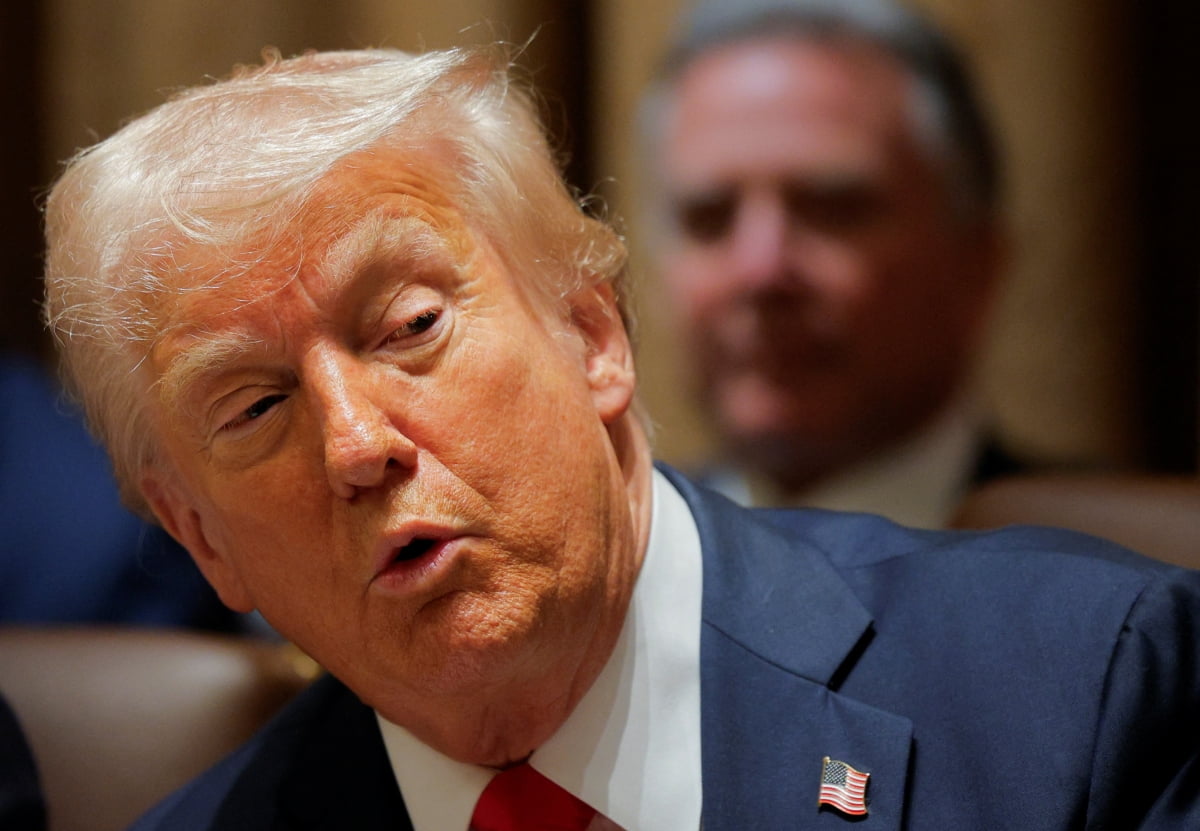Summary and Key Points of Trump's Remarks
U.S. President Trump recently made strong criticisms of the CHIPS Act, stating, "We have to end the Chips Act and all of its remaining parts." He expressed the position that self-sustaining investment should be induced through high tariff policies rather than relying on subsidies and other benefits provided by the U.S. government. These remarks are expected to have a direct impact on the U.S. economy and ripple effects on the global semiconductor market.
Background of the Semiconductor Act, Subsidies, and Tariff Policies
The CHIPS Act, enacted under the previous Biden administration, aims to promote the construction of semiconductor factories and secure large-scale supply chains in the United States by providing a total of $52.7 billion in subsidies. However, President Trump criticized this subsidy system as "terrible," arguing that imposing high tariffs could provide sufficient investment incentives without unnecessary subsidies. This policy direction, while provocative, is interpreted as focusing on strengthening the long-term cooperation structure and competitiveness of the U.S. economy.
U.S. Economic Investment Attraction Strategy and Tariff Policy
Trump emphasized that the key conditions for investment should be changed to a structure that reduces tariff burdens instead of providing subsidies in the form of money. As can be seen from his statement, "They are taking our money and not using it," his strategy is that if companies in the U.S. can build facilities without tariff burdens, the U.S. economic investment environment will naturally improve. These tariff reductions have implications beyond simple economic policy and are an important factor that can send signals to semiconductor companies worldwide.
Impact on Korean Semiconductor Companies and Global Economic Trends
These U.S. remarks could also affect major Korean semiconductor companies such as Samsung and SK Hynix. Policies that reduce or replace support through subsidies may increase uncertainty about companies' investments in the United States in the short term, but in the long term, they can bring new changes to global competitiveness and economic trends. In addition, the shift in tariff policy affects not only the U.S. economy but also the global semiconductor supply chain, raising the need for Korean companies to reorganize their strategies accordingly.
Future Outlook and Conclusion
Trump's remarks can be seen as the starting point for a policy shift that seeks to attract investment in the United States through alternative means such as tariffs instead of a subsidy-based investment environment. Issues related to the CHIPS Act are expected to be continuously discussed in the future, and this is expected to bring significant changes to the global semiconductor competition structure and the direction of U.S. economic policy. Companies need to respond flexibly to these policy changes and economic trends, and it is time to pay close attention to the flow of investment markets around the world, including the United States and Korea.
*Source URL:
https://www.hankyung.com/article/2025030539907



